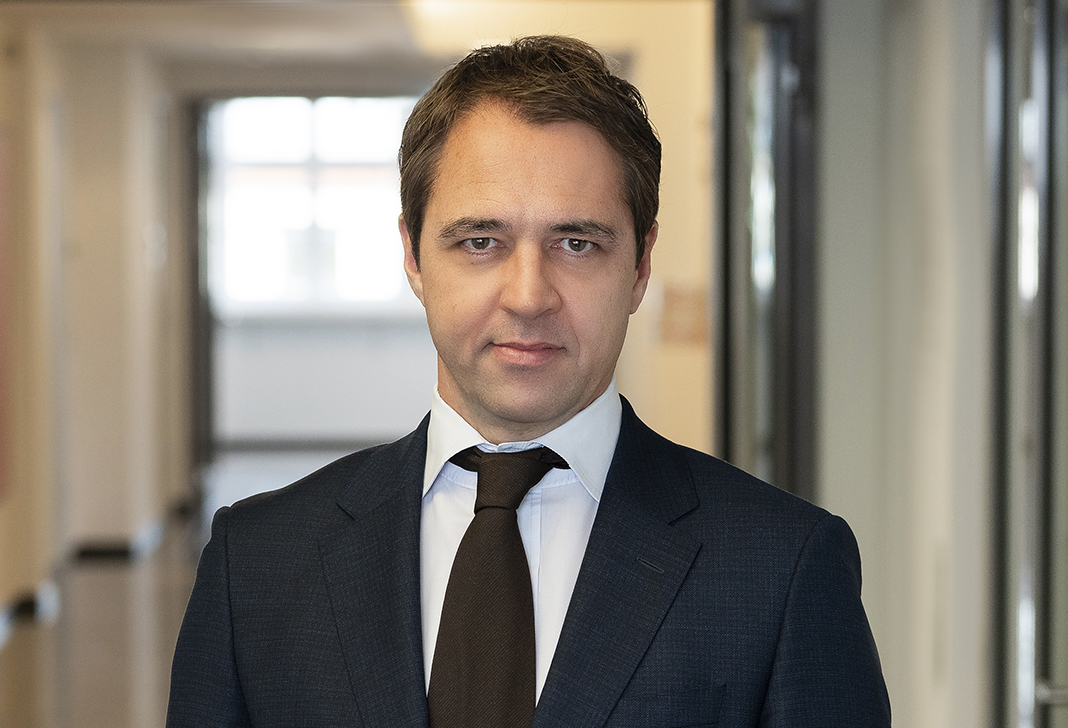
UK Court of Appeal Diverges From EU Trademark Law
The UK Court of Appeal has for the first time chosen to diverge from a decision of the Court of Justice of the European Union ("CJEU"), making use of the powers given to it following the UK's exit from the European Union.
Section 6 of the European Union (Withdrawal) Act 2018, as amended by the Retained EU Law (Revocation and Reform) Act 2023, provides that neither the UK Court of Appeal nor Supreme Court are any longer bound by retained EU case law. However, section 6(5) of the Act sets a high threshold for UK Courts to depart from CJEU precedent, as they can only do so by meeting the same test which the UK Supreme Court applies in deciding whether to overturn its own case law. That threshold is itself vague and poorly particularised, but it is generally understood to mean that a change in approach should only be taken rarely and after careful consideration of the unintended consequences such a change might produce.
The case of Industrial Cleaning Equipment v Intelligent Cleaning Equipment [2023] EWCA Civ 1451 has become the first example of a UK court diverging from EU case law under the new powers, with Lord Justice Arnold holding that the CJEU's interpretation of the defence of acquiescence in the case of Budejovický Budvar np v Anheuser-Busch Inc [2011] C-482/09 was flawed. Acquiescence is a defence to trademark infringement which is available both in the UK and across the EU. It applies when a defendant is able to show that the proprietor of an earlier trademark (i.e., the Claimant in an infringement claim) has failed to enforce their earlier rights for a period of five continuous years. In these circumstances the holder of the earlier mark is said to have "acquiesced" or impliedly consented to the use of the later mark. Both the Budejovický Budvar and Industrial Cleaning cases concerned the question of when the five-year period begins for the purpose of proving acquiescence.
The current position in EU law, as per the CJEU in Budejovický Budvar, is that time starts running only once the proprietor of the earlier mark becomes aware that the later mark has been registered, and that the later trademark is being used. Departing from that position in Industrial Cleaning, the UK Court of Appeal has now held that time starts running as soon as the later mark has in fact been registered and is being used. The date when the owner of the earlier mark becomes aware of the later trademark having been registered is therefore no longer deemed a relevant consideration for the purpose of establishing acquiescence in the UK. Further complication is added since the EU Intellectual Property Office, or EUIPO, has also previously issued a decision (Case R 1299/2007-2 Cristanini v Ghibli SpA) which aligns more closely with the UK Court of Appeal's interpretation than that of the CJEU.
While Industrial Cleaning is notable as the first example of divergence post-Brexit, it should not be interpreted as a sign that UK courts have acquired a sudden appetite for overturning CJEU precedent. Indeed, Lord Justice Arnold made clear in his judgment the importance of preserving certainty and legal continuity wherever possible. In this case, the combination of what the Court of Appeal saw as a clear error on the part of the CJEU and the fact that the position had not been consistently decided within the EU itself meant there was a strong case for divergence. However, rights-holders will be watching closely to see what approach is taken when the UK courts are presented with a more finely balanced set of arguments.






